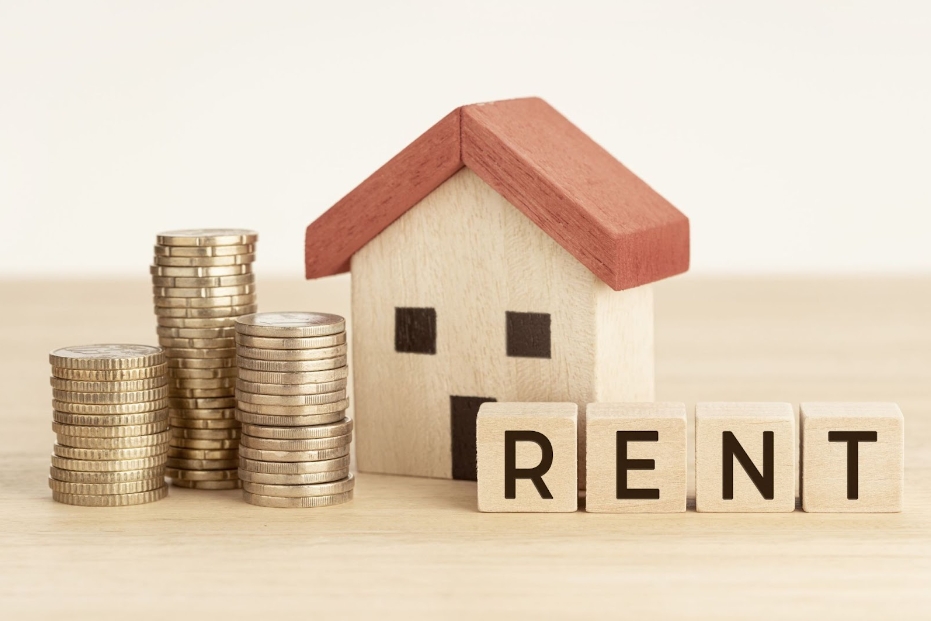
Choosing between buying and renting a property is a significant decision that can shape your lifestyle, financial stability and future plans. Both options have their pros and cons, and understanding these aspects can help you make your decision.
Advantages and disadvantages of buying real estate
Advantages:
- Ownership, control and personalization: Buying real estate gives you complete control over your home. You can rearrange, renovate and adapt the space according to your own wishes without the need for the owner's permission.
- Long-term investment: Real estate often increases in value over time, making it a good long-term investment. Owning real estate can bring you a profit when you sell it.
- Passive income: If you decide to rent out your property, you can generate additional income, which improves your return on investment.
- Stability: Owning a property provides a sense of stability because you are not dependent on a landlord who can change the terms of the lease or ask you to move out.
- Fixed costs: A fixed rate mortgage ensures stable monthly costs compared to rising rents.
Disadvantages:
- High initial costs: Buying a property requires a significant initial investment, including a deposit, taxes and possible renovations.
- Less flexibility: Owning real estate can tie you down to a specific location, making it difficult to relocate quickly due to job changes or other life circumstances.
- Long-term commitment: Most real estate purchases involve taking out a mortgage, which means long-term financial commitments that can last for decades.
- Market Risks - Fluctuation in Value: The value of a property may decrease due to economic conditions, natural disasters or changes in the local market.

Advantages and disadvantages of renting
Advantages:- Flexibility: Renting provides more flexibility as you can relatively easily change residence without having to worry about selling the property.
- No long-term commitments: Lease agreements are usually short-term (1-2 years), which allows for more flexible planning.
- Lower start-up costs: Renting requires less start-up capital as it usually only involves paying a security deposit and the first rent.
- Smaller financial obligation: Without long-term debt, renting gives you greater financial flexibility and the ability to invest money in other areas.
- No maintenance costs: The landlord is usually responsible for maintenance and repair costs, which reduces stress and financial burden for the tenant.
- No risk of value fluctuation: Tenants do not have to worry about changes in the value of the property on the market.
- Affordability of luxury real estate: Renting can make it possible to live in higher quality real estate that might be financially unaffordable to buy.
- No building of own capital - no return on investment: Rent does not contribute to the building of own capital, because all monthly amounts go to the landlord without return in the form of assets. Tenants do not receive a return on invested rents.
- No Ownership: By paying rent, you do not gain ownership of the property, which means there is no return on investment or benefit from the property's appreciation.
- Limited Control: As a tenant, you are limited by the landlord's rules regarding remodeling or use of the space.
- Instability - rent increases, contract terms change: Landlords may introduce new rules, increase the rent, or ask you to move out when the lease expires, which can create a sense of insecurity and disrupt life stability.
- Dependence on the landlord: Repairs and maintenance are dependent on the landlord, which can lead to frustration if the landlord is not responsive or does not maintain the property properly.

How to choose the option that suits you best?
When choosing between buying and renting real estate, it is important to consider your life circumstances, financial capabilities and long-term plans.- Analyze your finances: Assess your financial status, including savings, income stability and credit rating. Buying requires higher upfront costs and stable income to pay off the mortgage, while renting allows flexibility with less upfront investment.
- Consider your lifestyle: If you plan to stay in one place for a long time and want stability, buying may be a better option. If you expect frequent job changes or want to explore different lifestyles, renting offers more flexibility.
- Consider future plans: If you're planning to expand your family, buying can provide the stability and long-term benefits you need. On the other hand, renting may be more suitable if you are unsure of your long-term plans or want to keep your options open.
- Research the market: Study the local real estate market to understand price trends and rental rates. In some areas, property prices can rise faster than rental costs, making buying a better investment.
Conclusion
Choosing between buying a property and renting requires careful consideration of personal priorities, financial capabilities and future plans. Buying real estate can be attractive to those looking for long-term stability and potential for property appreciation. On the other hand, renting provides flexibility, less initial financial burden and reduces the risks associated with ownership.Before making a decision, analyze your financial situation, life goals and current market conditions. Think about how your decision may affect your future and be ready to adapt to changes in your life and the real estate market. Talking to a financial advisor or real estate professional can provide you with additional insights and help you make the best decision for your situation.
If you have any questions or need advice on choosing between buying and renting, please do not hesitate to contact our property sales team. We are here to help you every step of the way on your journey to finding the perfect home.
Copyright © 2024. Molo Longo real estate, All rights reserved
This website uses cookies and similar technologies to give you the very best user experience, including to personalise advertising and content. By clicking 'Accept', you accept all cookies.






